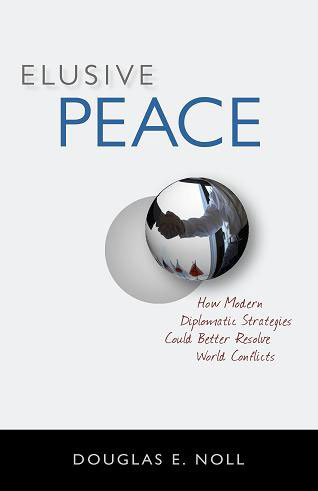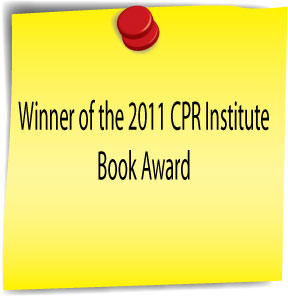This post is about your role in negotiation. Negotiation is a strategic communication that involves either making deals or resolving conflicts. We are going to explore these two aspects of negotiation.
Let us start with negotiating business deals. In business deals, the usual goal is for both parties to gain something they did not have before.
In a buy sell negotiation, the buyer is acquiring an asset, such as a business, and the seller is gaining a more liquid asset, such as cash. Likewise, in a joint venture or private equity deal, the investors gaining a position in a company, while the owners are gaining much needed capital.
The question is, what is your role in negotiating a business deal?
Are you to do the deal? Or, are you just to do the documents?
Or, are you to have a role in both aspects of the negotiation?
In many business deals, the clients negotiate between themselves, decide on the essential terms of the deal, and then turn the details over to the lawyers.In these situations, the lawyer’s role is to anticipate failure points and document what will happen in worst case situations. Typically, one side will be looking to restrict the consequences of failure, while the other side will be looking to expand the consequences of failure.
For example, in a loan negotiation, the lender will want as much collateral and limiting conditions as it can reasonably obtain to protect against nonpayment in the event of default. The borrower would ideally like a nonrecourse unsecured promissory note that results in no liability in the event of default. The negotiation between the lender and the borrower might be quite brief, while the negotiation between the lawyers over what rights and obligations will be created in the loan documents could be very lengthy.
Clients often complain that lawyers tank deals. There is a certain amount of truth in this complaint because the negotiation between the lawyers can become so competitive that they are unable to agree or compromise on sticking points.When you are negotiating the details on behalf of a client, it therefore becomes important to have constant communication with your client.
Although you might be the expert in secured transactions, for example, you need to be explaining the risks and problems to your client so that you work as a team in deciding what is important and what can be conceded.
The other aspect of negotiation is settling conflicts, especially lawsuits. Very few civil cases go to trial. The only civil trial lawyers that really gain significant trial experience are insurance defense lawyers. Even then, with rare exceptions, a defense lawyer might only try three or four cases a year. For plaintiffs’ personal-injury lawyers, trying cases is unprofitable. Thus, the vast majority of personal-injury cases settle. he same is true in other types of civil litigation. Business cases almost always settle, although there are notable exceptions like the Samsung v. Apple case in 2012 when Apple obtained a billion dollar judgment against Samsung for patent infringement. Most family law cases also resolve through settlement.
The fact of the matter is that litigation is a sport of kings. Very few middle-class people and small businesses can afford the cost and risk of a lawsuit. It is why people buy liability insurance. Consequently, as a lawyer representing a client in a conflict or dispute, you play a major role in negotiating towards resolution of the problem.
In disputes headed for litigation or in litigation, your goal is to manage the risk of loss if you are defending and to optimize gain if you are prosecuting. Thus, your role is much different settling a case than in negotiating a business deal.
Lawyers generally take a leading role in negotiating settlements of disputes and claims. There are times when the client is actively involved in the negotiation process. In other cases, the client is passive and relies upon you to negotiate the best deal possible.
The most important thing to remember is that clients make the final decision. And they do so only after being informed by the lawyer of the risks and benefits of the settlement.
Remember, the best way to win the game is to call it yourself.
Better still, change the game completely.
Douglas E. Noll
Mediator, Author, and
California Lawyer 2012 Attorney of the Year
for Pro Bono Service
Creator of
Negotiation Mastery for the Legal Pro –
A new online course in cutting-edge legal negotiation
legalpronegotiator.com










